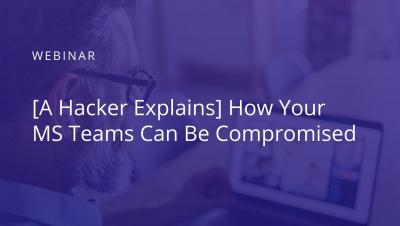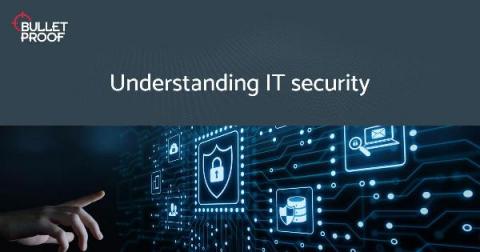DevSecOps and the Cloud: How Leaning on Your Cloud Provider Can Help You Shift Left
Over the past several years, an increasing amount of organizations have been moving their applications from on-premises to cloud-hosted platforms. And with the current pandemic forcing most businesses to adopt a fully remote work environment, the cloud is even more appealing. Gartner reported that cloud spend rose by double digits in 2020, and it’s expected to continue to grow by 18.4 percent in 2021.










